News & Media
Collaboration scores multimillion funding
A proposal by researchers from China, Brazil, Russia, and India, and Unisa’s Nanotechnology and Water Sustainability (NanoWS) research unit, headed by Dr Lueta de Kock, has received a BRICS grant of R2.1 million over three years.
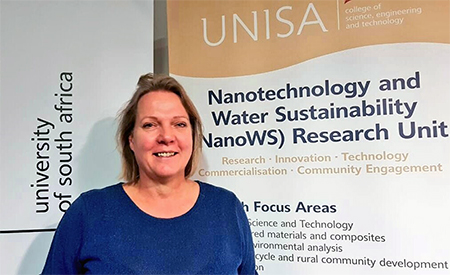
Dr Lueta de Kock is Director of the Nanotechnology and Water Sustainability (NanoWS) research unit in Unisa’s College of Science, Engineering, and Technology (CSET).
The excited De Kock said, “I am humbled and deeply honoured to have received this grant. I believe that this success was due to the participation of all the collaborators during the proposal-writing stage that resulted in a cohesive integrated joint proposal in which there is a clear intersection of projects from each collaborating group.”
She applied together with her BRICS collaborators under the thematic area of water resources and pollution treatment. The team is:
- Professor Tao He, Laboratory for Membrane Materials and Separation Technology, Shanghai Advanced Research Institute, Chinese Academy of Sciences
- Professor Andrea Moura Bernades, Universidade Federal do Rio Grande do Sul, UFRGS, Rio Grande do Sul, Brazil
- Alexey V Volkov, Institute of Petrochemical Synthesis, Russian Academy of Sciences
- Dr Sourja Ghosh, Ceramic Membrane Division, CSIR-Central Glass and Ceramic Research Institute, India
The joint project proposal focuses on various types of membrane processes (membrane distillation, nano and ultra-filtration, and electrodialysis) that will utilize both polymeric and ceramic membrane materials for the treatment of different types of wastewater to produce not only clean water, but also the recovery of valuable products for the manufacture of fertilisers and other chemical feedstocks.
De Kock says that her overarching aim with this funding and project is to involve young female and black researchers by providing opportunities and hence developing capacity, not only within Unisa, but within South Africa as a whole.
“This funding also provides the opportunity to develop and strengthen collaborations with the participating collaborators. I would like to thank my mentor and my colleagues for their support and encouragement, as well as the postgraduate students and postdoctoral fellows who continue to spend long hours in the laboratory generating the results that make a project a success.”
About the BRICS funding
On 18 March 2015, the BRICS Ministers of Science and Technology signed a memorandum of understanding (MoU) to establish a research and development collaborative programme between the BRICS countries.
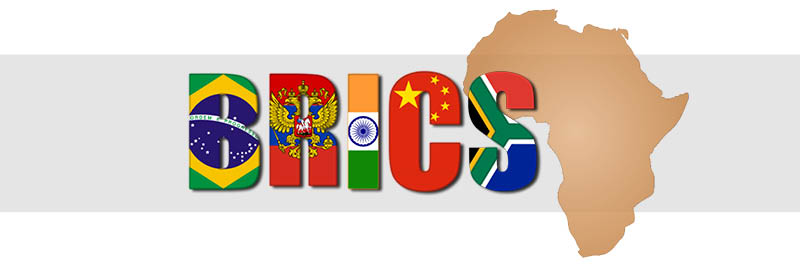
Following the signing of this MoU, the BRICS Group of Research Funding Parties held a meeting in July 2015 to discuss the BRICS Research and Innovation Initiatives and the establishment of the BRICS Working Group, consisting of eight parties, namely, National Council for Scientific and Technological Development (CNPq, Brazil), Foundation for Assistance to Small Innovative Enterprises (FASIE, Russia), Ministry of Education and Science (MON, Russia), Russian Foundation for Basic Research (RFBR, Russia), Department of Science and Technology (DST, India), Ministry of Science and Technology (MOST, China), National Natural Science Foundation of China (NSFC, China) and National Research Foundation (NRF, South Africa).
On 28 October 2015, the III BRICS Science, Technology and Innovation (STI) Ministerial Meeting signed the Moscow Declaration, defining the guidelines for Research & Development cooperation among BRICS countries.
This funding is part of the second BRICS Multilateral Pilot call for 2017. According to the NRF, it is meant to 1) support excellent research in specified research fields identified by the BRICS partners through a multinational approach; 2) provide an opportunity for emerging researchers in the BRICS countries to meet and interact; 3) support the advancement of basic research; and 4) contribute meaningfully to research capacity development.
*Compiled by Thembeka Ntuli-Mpapama and Sharon Farrell
Publish date: 2018-12-07 00:00:00.0

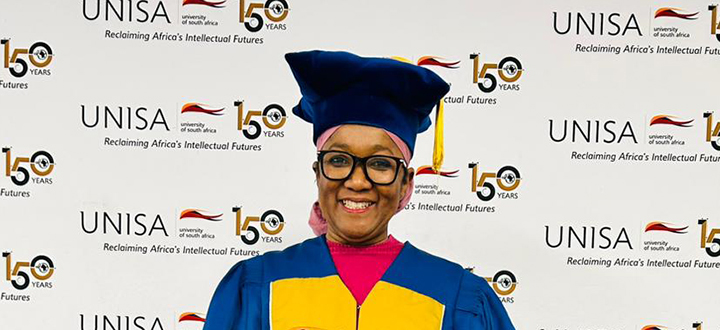 Unisa community engagement initiative targets school underperformance
Unisa community engagement initiative targets school underperformance
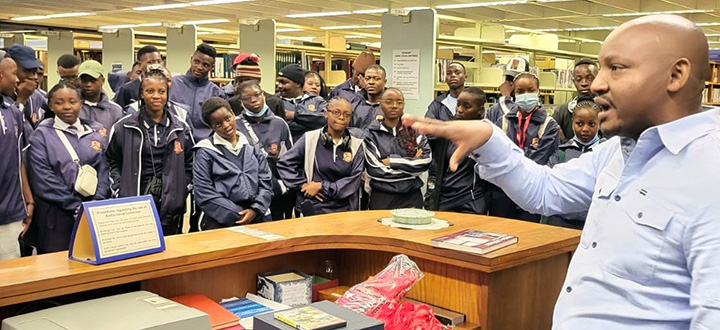 Library tour introduces learners to the wonderful world of Unisa
Library tour introduces learners to the wonderful world of Unisa
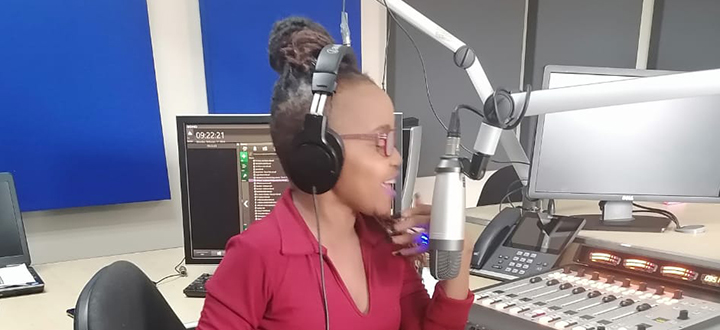 Unisa Radio volunteer wins prestigious community journalism award
Unisa Radio volunteer wins prestigious community journalism award
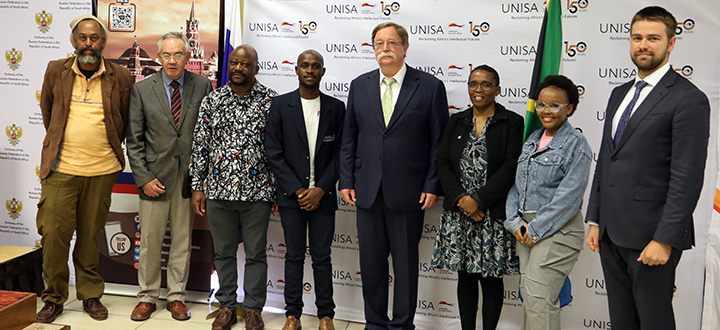 Unisa's student leadership engage with Russian ambassador
Unisa's student leadership engage with Russian ambassador
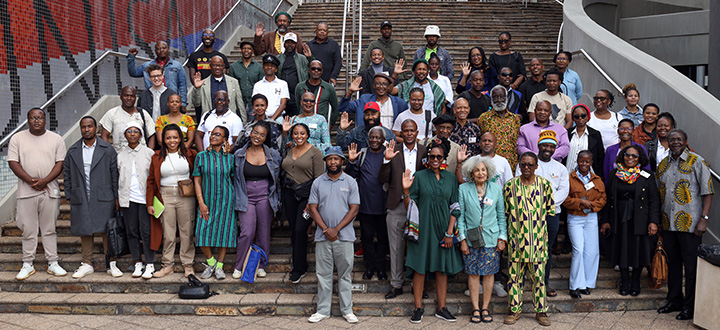 Re-igniting and re-imagining Pan Africanism, Afrocentricity and Afrofuturism in the 21st century
Re-igniting and re-imagining Pan Africanism, Afrocentricity and Afrofuturism in the 21st century